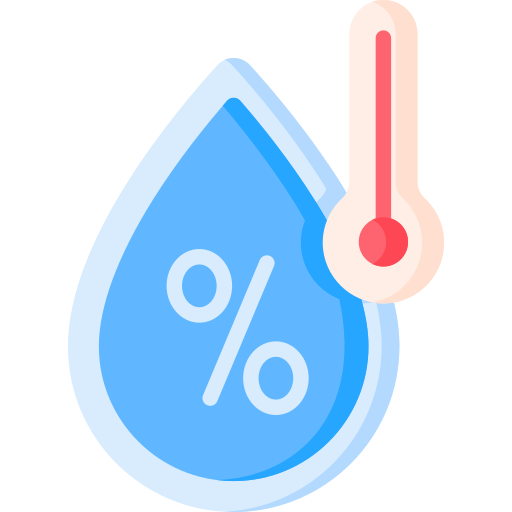Riga - Introduction

About Riga
Riga ( REE-gə) is the capital, primate, and largest city of Latvia. Home to 605,273 inhabitants, the city accounts for a third of Latvia's total population. The population of Riga metropolitan area, which stretches beyond the city limits, is estimated at 860,142 (as of 2023). The city lies on the Gulf of Riga at the mouth of the Daugava river where it meets the Baltic Sea. Riga's territory covers 307.17 km2 (118.60 sq mi) and lies 1–10 m (3–33 ft) above sea level on a flat and sandy plain.
Riga was founded in 1201, and is a former Hanseatic League member. Riga's historical centre is a UNESCO World Heritage Site, noted for its Art Nouveau/Jugendstil architecture and 19th century wooden architecture. Riga was the European Capital of Culture in 2014, along with Umeå in Sweden. Riga hosted the 2006 NATO Summit, the Eurovision Song Contest 2003, the 2013 World Women's Curling Championship, and the IIHF Men's World Ice Hockey Championships in 2006, 2021, and 2023. It is home to the European Union's office of European Regulators for Electronic Communications (BEREC). In 2017, it was named as the European Region of Gastronomy.
In 2019, Riga received over 1.4 million foreign visitors. The city is served by Riga International Airport, the largest and busiest airport in the Baltic States. Riga is a member of Eurocities, the Union of the Baltic Cities (UBC), and Union of Capitals of the European Union (UCEU).
Riga Current Weather
,
| Parameter | Value |
|---|---|
Wind 
|
|
Pressure 
|
|
Humidity 
|
|
Visibility 
|
|
UV Index 
|
|
Precip 
|